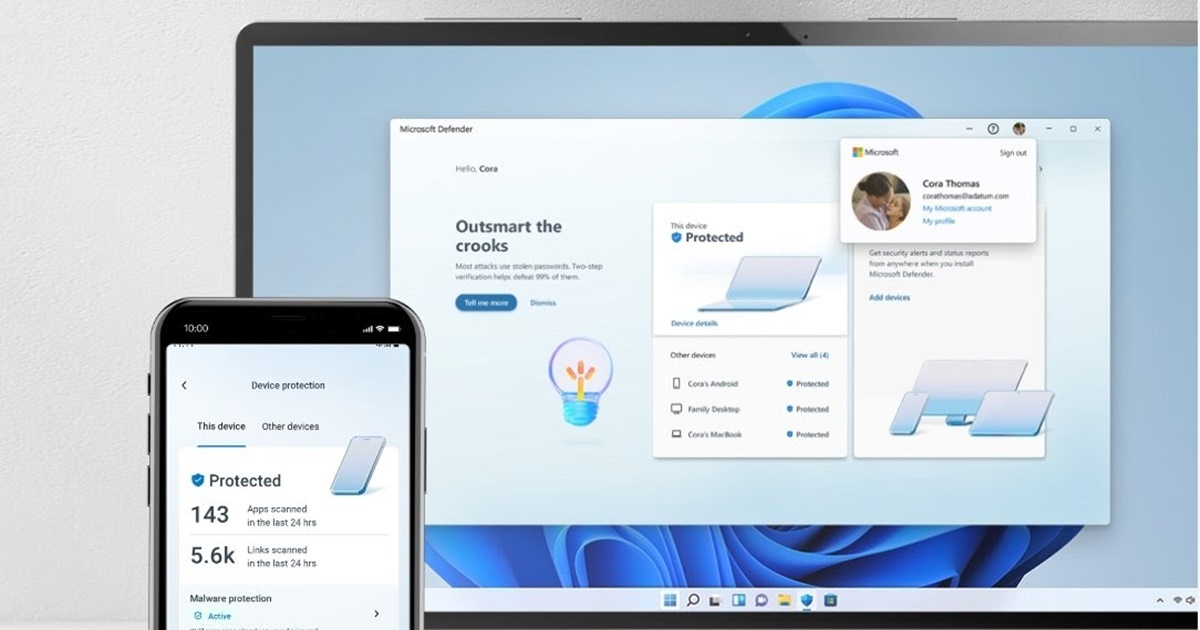The US State Department announced that its newly-created Bureau of Cyberspace and Digital Policy (CDP) has officially commenced operations.
The State Department’s press release about the milestone called the new office a “key piece of [US Secretary of State] Blinken’s modernization agenda.” The CDP bureau will be tasked with addressing national security issues relating to cyberspace, as well as exploring economic opportunities, and evaluating “implications for U.S. values associated with cyberspace, digital technologies, and digital policy.”
Internally, the CDP will consist of three “policy units” handling its three tentpole areas of interest. They include the International Cyberspace Security unit, the International Information and Communications Policy unit, and the Digital Freedom unit.
More: US State Department offering $10 million reward for state-backed hackers
The agency will be led by a Senate-confirmed individual with the title “Ambassador-at-Large,” reflecting the diplomatic bent of the CDP’s mandate. Until the first individual to fulfill this role is confirmed, the leadership of the CDP will be handled by Jennifer Bachus, a “career member of the Senior Foreign Service.” She will serve as Principal Deputy Assistant Secretary for the CDP bureau permanently, and Senior Bureau Official in the interim.
The leadership of the three internal units includes Michele Markoff as Acting Deputy Assistant Secretary for International Cyberspace Security, Stephen Anderson as Acting Deputy Assistant Secretary for International Information and Communications Policy, and Blake Peterson as Acting Digital Freedom Coordinator.
More: Cybersecurity: White House rolls out zero trust strategy for federal agencies
This marks the latest attempt by the US federal government to coalesce a bureau around concerns relating to digital policy and cyberspace. Efforts have been ongoing since the Obama administration but hit something of a dark age until late in the Trump administration when a last-minute attempt was made to create what was then called the Cyberspace Security and Emerging Technologies (CSET) bureau.
The new CDP bureau is expected to include a staff of around 100 individuals to start. That number will likely be expanded down the road if it is successful in its mission of helping the federal government better navigate the rapidly changing digital landscape.
Note: This article have been indexed to our site. We do not claim legitimacy, ownership or copyright of any of the content above. To see the article at original source Click Here












